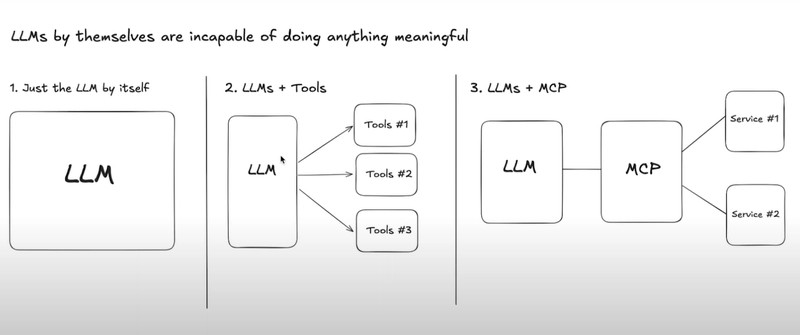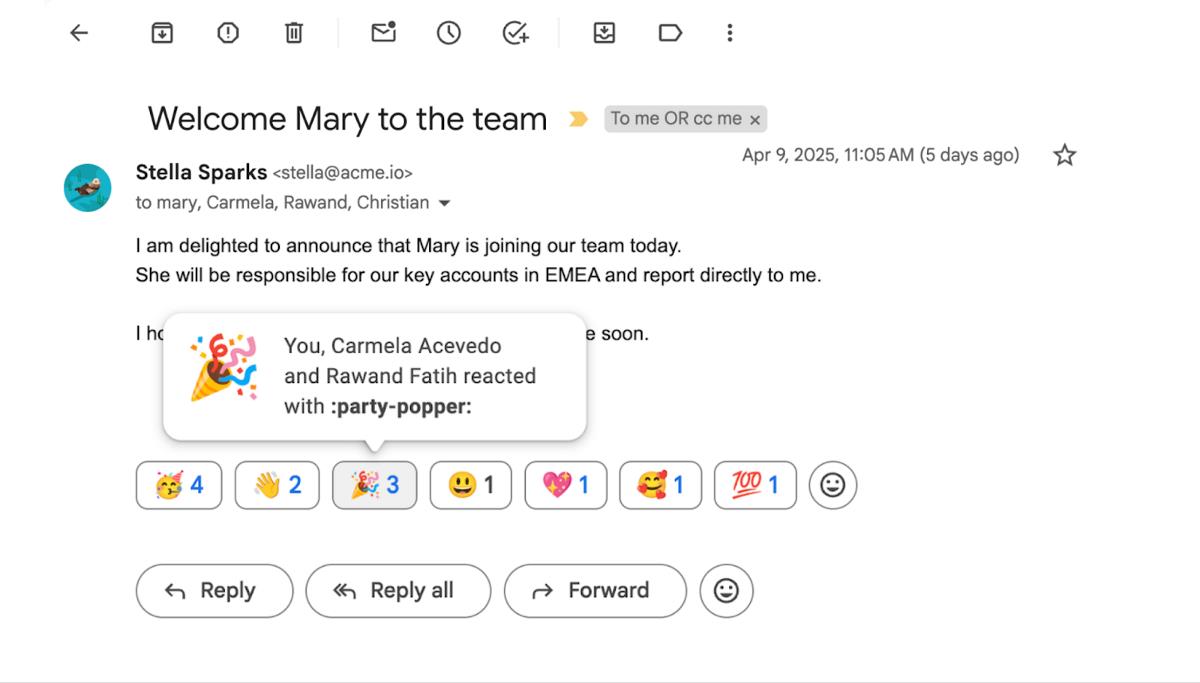New Powerful Nullpoint-Stealer With Extensive Capabilities Hosted on GitHub
A sophisticated new information-stealing malware toolkit called “Nullpoint-Stealer” has recently been published on GitHub, raising concerns among cybersecurity professionals about its potential for misuse despite being labeled as an educational tool. The stealer, developed by GitHub user monroe31s, boasts extensive data harvesting capabilities designed to extract sensitive information from compromised systems. Nullpoint-Stealer is a “powerful, […] The post New Powerful Nullpoint-Stealer With Extensive Capabilities Hosted on GitHub appeared first on Cyber Security News.

A sophisticated new information-stealing malware toolkit called “Nullpoint-Stealer” has recently been published on GitHub, raising concerns among cybersecurity professionals about its potential for misuse despite being labeled as an educational tool.
The stealer, developed by GitHub user monroe31s, boasts extensive data harvesting capabilities designed to extract sensitive information from compromised systems.
Nullpoint-Stealer is a “powerful, stealthy data extraction simulation tool” written in C#. According to its GitHub repository, the malware can extract a wide range of sensitive data, including passwords from Chromium-based browsers, cookies for session hijacking, bookmarks, autofill data, and browser history.
The stealer also captures screenshots of active desktops and targets files stored in common locations like the Desktop, Documents, and Downloads folders.
The malware’s capabilities extend to scanning for installed VPN clients to extract configuration files and login credentials, targeting gaming platforms including Steam, Epic Games, and Battle.net, and detecting cryptocurrency wallets such as Metamask, Exodus, and Atomic.

Additionally, it searches for and extracts local text files, documents, and logs that might contain valuable information.
The repository description notes that “Nullpoint-Stealer’s modular architecture makes it particularly concerning, as it allows attackers to easily add new stealing capabilities ” and emphasizes its “lightweight, fast execution with minimal dependencies”.
Powerful Nullpoint-Stealer
Examining the project files reveals sophisticated coding techniques, including sound notifications when data is successfully exfiltrated. The malware incorporates multiple libraries and resources to enhance its functionality, as evidenced by its comprehensive project file.
The stealer’s dashboard interface displays extensive analytics about stolen data, organized by country, operating system, browser type, blockchain information, and various online service credentials. This sophisticated control panel allows operators to track and categorize stolen information easily.
While the repository explicitly states the project is “built as a cybersecurity lab tool” for malware analysis practice, ethical hacking labs, blue team defense testing, and “understanding how modern stealers operate,” cybersecurity experts warn about the fine line between educational tools and actual malware.
Similar information stealers have been responsible for significant damage in recent months. According to cybersecurity reports, information-stealing malware infected over 18 million devices last year, exposing and selling over 2.4 billion compromised credentials. These credentials enable threat actors to conduct ransomware attacks and data breaches.
Nullpoint-Stealer emerges amid a growing trend of information stealers being distributed through malicious websites, particularly those offering cracked software, keygens, and activators.
These sites often use search engine optimization techniques to appear at the top of search results, making them easily discoverable by users seeking free software.
Similar infostealers like KPot, Vidar, and Raccoon Stealer have been widely distributed through similar methods, highlighting how threat actors continue to refine their techniques for delivering credential-stealing malware.
The repository provides contact information through Telegram channels (NeverTrace and zerotraceofficial), raising additional concerns about potential support networks for users of this tool.
Cybersecurity professionals urge extreme caution when encountering such tools, emphasizing that despite educational disclaimers, powerful data extraction capabilities present serious risks if misused.
Are you from the SOC and DFIR Teams? – Analyse Malware Incidents & get live Access with ANY.RUN -> Start Now for Free.
The post New Powerful Nullpoint-Stealer With Extensive Capabilities Hosted on GitHub appeared first on Cyber Security News.





































































































































































![[The AI Show Episode 145]: OpenAI Releases o3 and o4-mini, AI Is Causing “Quiet Layoffs,” Executive Order on Youth AI Education & GPT-4o’s Controversial Update](https://www.marketingaiinstitute.com/hubfs/ep%20145%20cover.png)





























































































































![[DEALS] Mail Backup X Individual Edition: Lifetime Subscription (72% off) & Other Deals Up To 98% Off – Offers End Soon!](https://www.javacodegeeks.com/wp-content/uploads/2012/12/jcg-logo.jpg)











































































































































_Andreas_Prott_Alamy.jpg?width=1280&auto=webp&quality=80&disable=upscale#)
































































































![Severance-inspired keyboard could cost up to $699 – have your say [Video]](https://i0.wp.com/9to5mac.com/wp-content/uploads/sites/6/2025/05/Severance-inspired-keyboard-could-cost-up-to-699-%E2%80%93-have-your-say-Video.jpg?resize=1200%2C628&quality=82&strip=all&ssl=1)




![Google Home app fixes bug that repeatedly asked to ‘Set up Nest Cam features’ for Nest Hub Max [U]](https://i0.wp.com/9to5google.com/wp-content/uploads/sites/4/2022/08/youtube-premium-music-nest-hub-max.jpg?resize=1200%2C628&quality=82&strip=all&ssl=1)



















































































































.webp?#)